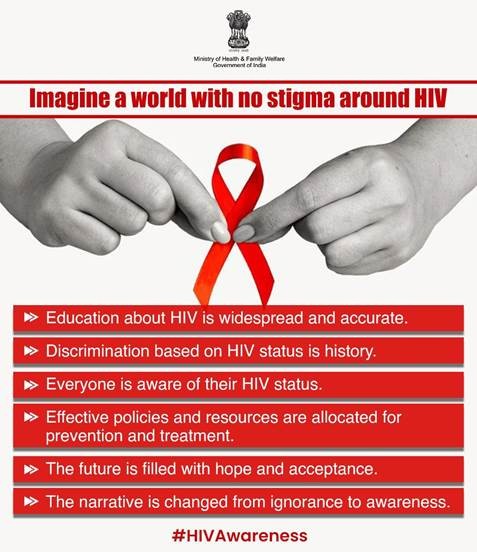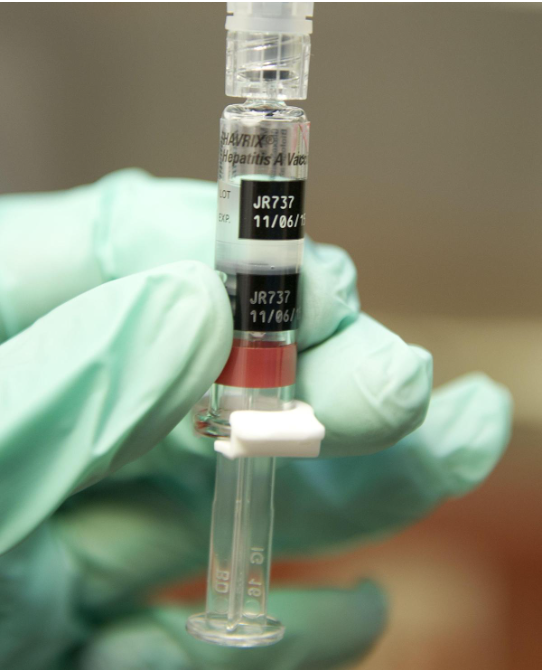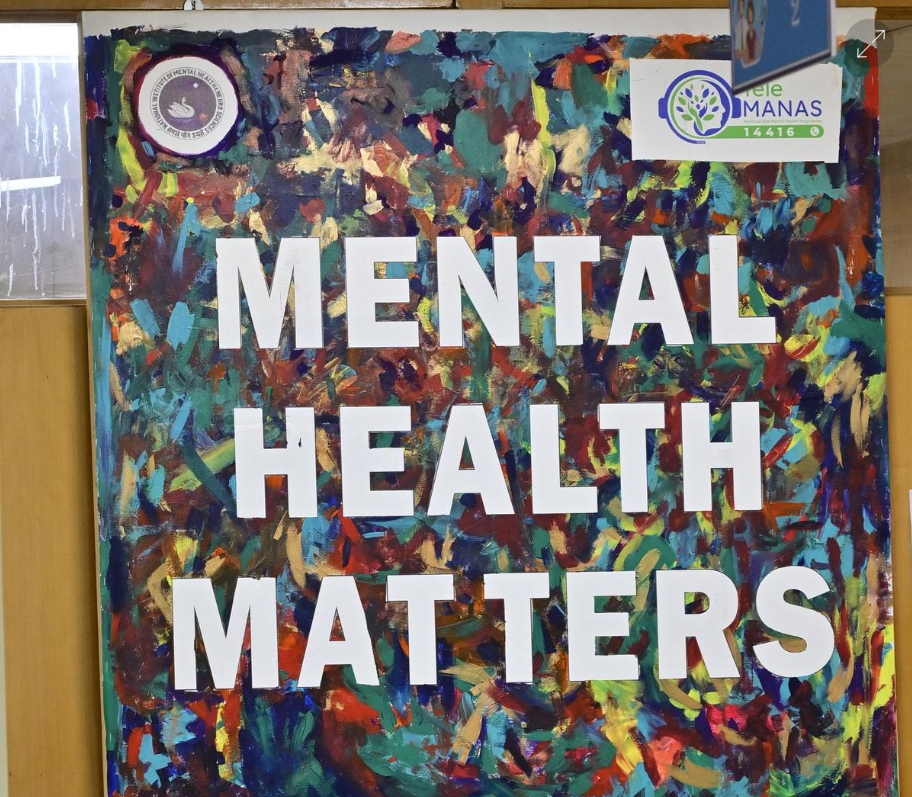Description

Disclaimer: Copyright infringement not intended.
Context: Psoriasis Awareness Month is being celebrated this month.
About Psoriasis Awareness Month
- Every year, August is marked as Psoriasis Awareness Month.
About Psoriasis
- Psoriasis is a chronic autoimmune skin condition that can affect people of all ages, including children.
Causes:
- The exact cause of psoriasis is not fully understood, but genetics and immune system dysfunction play significant roles.
- Some children might be more susceptible due to a family history of psoriasis or other autoimmune disorders.
- Environmental factors, stress, infections, and certain medications can trigger or exacerbate psoriasis in children.
Symptoms of psoriasis in children
- Common symptoms:
- Red, raised, and thickened patches of skin with silvery scales, itchy and painful skin, and dry and cracked skin that can bleed are some common symptoms of psoriasis.
- Less common symptoms:
- These include nail changes, such as pitting, discolouration, separation from the nail bed, joint pain and swelling (psoriatic arthritis).
- It can affect a subset of children with psoriasis scalp involvement, leading to flaking and scaling (scalp psoriasis).
What are the risk factors for children who may contract psoriasis?
Several factors can increase a child’s risk of developing psoriasis are as follows:
- Genetics: A family history of psoriasis significantly raises the risk.
- Immune system: An overactive immune system triggers inflammation, leading to psoriasis symptoms.
- Stress: Emotional stress can exacerbate symptoms.
- Infections: Certain infections, especially streptococcal infections (such as strep throat), might trigger psoriasis or make existing symptoms worse.
- Obesity: Excess weight can increase inflammation, worsening psoriasis symptoms.
Ways to manage psoriasis in children
Managing psoriasis in children requires a comprehensive approach involving medical guidance and lifestyle adjustments, These include:
- Consult a pediatric dermatologist: Seek expert medical advice for accurate diagnosis and treatment recommendations tailored to your child’s condition.
- Moisturize: Apply moisturizers to keep the skin hydrated and reduce dryness.
- Avoid triggers: Identify and minimize triggers like stress, infections, and certain medications.
- Medications: Follow the dermatologist’s prescribed treatments, which might include topical creams, phototherapy, or oral medications.
- Healthy lifestyle: Encourage a balanced diet, regular exercise, stress reduction, and good sleep hygiene to support overall well-being.
Psoriasis is a chronic condition, and a healthcare professional’s guidance is essential for managing symptoms effectively in children.

Autoimmune Diseases
Autoimmune diseases are conditions in which our immune system mistakenly damages healthy cells in our body.
Types include
- Rheumatoid arthritis,
- Crohn’s disease, and
- Some thyroid conditions.
Immune system
- Our immune system usually protects us from diseases and infections.
- When it senses these pathogens, it creates specific cells to target foreign cells.
- Usually, your immune system can tell the difference between foreign cells and your cells.
Autoimmune condition
- But if we have an autoimmune disease, our immune system mistakes parts of our body, such as our joints or skin, as foreign.
- It releases proteins called antibodies that attack healthy cells.
- Some autoimmune diseases target only one organ.
- Type 1 diabetes damages your pancreas. Other conditions, such as systemic lupus erythematosus, or lupus, can affect your whole body.
Causes autoimmune disease
There is no evidence about the causes of the autoimmune disease.
Some factors that may increase your risk of developing an autoimmune disease can include:
- Sexual assignment: People assigned female at birth between the age of 15 and 44 are more likely to get an autoimmune disease than people assigned male at birth.
- Family history: We may be more likely to develop autoimmune diseases due to inherited genes.
- Epigenetic factors: Exposure to sunlight, mercury, chemicals like solvents or those used in agriculture, cigarette smoke, or certain bacterial and viral infections, including COVID-19, may increase your risk of autoimmune disease.
- Ethnicity: Some autoimmune diseases are more common in people in certain groups. For example, White people from Europe and the United States may be more likely to develop autoimmune muscle disease, while lupus tends to occur more in people who are African American, Hispanic, or Latino.
- Nutrition: our diet and nutrients may impact the risk and severity of autoimmune disease.
- Other health conditions: Certain health conditions, including obesity and other autoimmune diseases, may make you more likely to develop an autoimmune disease.
What is epigenetics?
- Epigenetics is the study of how cells control gene activity without changing the DNA sequence." Epi-" means on or above in Greek, and "epigenetic" describes factors beyond the genetic code.
- Epigenetic changes are modifications to DNA that regulate whether genes are turned on or off. These modifications are attached to DNA and do not change the sequence of DNA building blocks.
- Within the complete set of DNA in a cell (genome), all of the modifications that regulate the activity (expression) of the genes are known as the epigenome.
Epigenetic factors
- Environmental influences, such as a person’s diet and exposure to pollutants, can impact the epigenome. Epigenetic modifications can be maintained from cell to cell as cells divide and, in some cases, can be inherited through the generations.
|
PRACTICE QUESTION
Q. Autoimmune diseases are fatal at times and cause significant health issues. There are various proven causes of autoimmune diseases, however, the exact scientific evidence of the disease is lacking. Discuss in light of the ongoing psoriasis awareness week celebration. ( 250 words)
|

https://indianexpress.com/article/parenting/health-fitness/psoriasis-awareness-month-manage-in-children-8892331/











